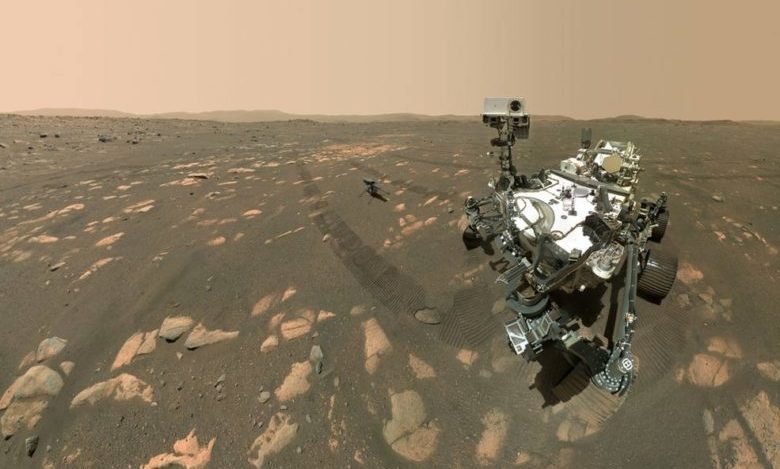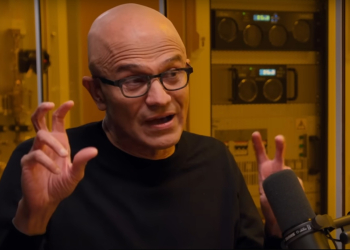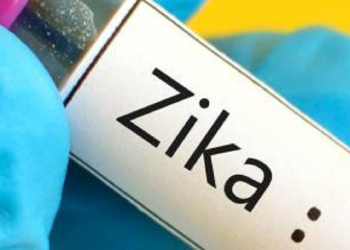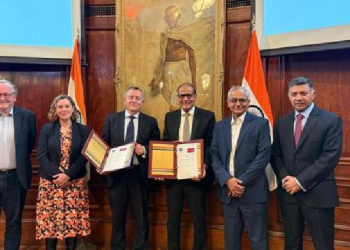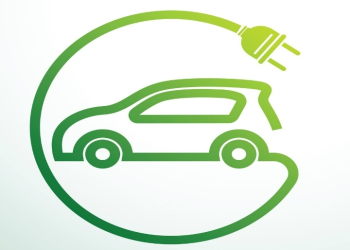Brussels: The joint European and Russian Mars rover programme is likely to be delayed, the European Space Agency (ESA) has said in the wake of Russia’s recent invasion of Ukraine.
The ESA has been working closely with Russia’s space programme to launch the European ExoMars rover mission to Mars later this year.
But following the Ukraine invasion last week, the European Union, along with the US, imposed a slew of sanctions on Russia in the sectors such as finance, energy, transport, technology, visa policy as well in space cooperation.
“We are fully implementing sanctions imposed on Russia by our Member States,” the ESA said in a statement.
Condemning Russia’s military invasion into Ukraine last week, the ESA noted that the delay in ExoMars mission is part of the recent sanctions on Russia.
“We deplore the human casualties and tragic consequences of the war in Ukraine,” the agency said.
It added that the agency is “assessing” each ongoing programme conducted in cooperation with the Russian state space agency Roscosmos.
“Regarding the ExoMars programme continuation, the sanctions and the wider context make a launch in 2022 very unlikely,” the statement read.
The ExoMars mission entails sending a series of robotic spacecraft to Mars, culminating in the launch of a robotic rover to explore the Red Planet’s surface.
The announcement comes after Roscosmos announced suspension of Soyuz rocket launches, and halting of all cooperation with its European partners on space programmes.
The ESA said that it will analyse all the options and prepare a formal decision on the way forward.
ESA Director General Josef Aschbacher had earlier maintained that the ESA will continue working on ExoMars mission with Russia.
However, in his latest tweet he said: “We deplore the tragic events taking place in Ukraine, a crisis which escalated dramatically into war in recent days.”
“Many difficult decisions are now being taken at ESA in consideration of the sanctions implemented by the governments of our Member States,” Aschbacher added.
Meanwhile, Russia has also announced plans to exclude NASA from a joint mission to Venus. However, Roscosmos and NASA are still working together to maintain the International Space Station.
(IANS)



